The company now has three launch pads – two at Mahia and another in Virginia, USA. At time of writing, 28 launches have been completed, deploying 148 satellites in the process.
This is a truly global business. Beyond global actually. But there remains a wry Kiwi sense of humour to the operation in its naming of each and every launch. Launch missions with bespoke artwork and officially registered titles like ‘They Go Up So Fast’, ‘Another One Leaves The Crust’, and ‘A Data With Destiny’ give the intensely complex nature of sending rockets into space a whimsical twist.
“It’s a serious business, so there’s no harm in having a bit of fun as well,” says Beck. “The mission naming process is an informal one – it usually comes down to a bunch of us standing around a computer trying to make each other laugh. Our first launch in May 2017 was a test launch. We had to come up with an international discriminator to register the launch, so it officially became ‘It’s A Test’.”
There is one recent launch that dispenses with the knowing wink in the title, however. In Rocket Lab’s mission list, 28 June 2022 records CAPSTONE. The customer? NASA.
On that day Rocket Lab’s Electron rocket, paired with the company’s new Photon upper stage, sent the Cislunar Autonomous Positioning System Technology Operations and Navigation Experiment (CAPSTONE) miniaturised satellite on a transfer orbit to the moon. It’s a highly complex component of NASA’s Artemis programme, which will eventually see the space agency return to the lunar surface.








































